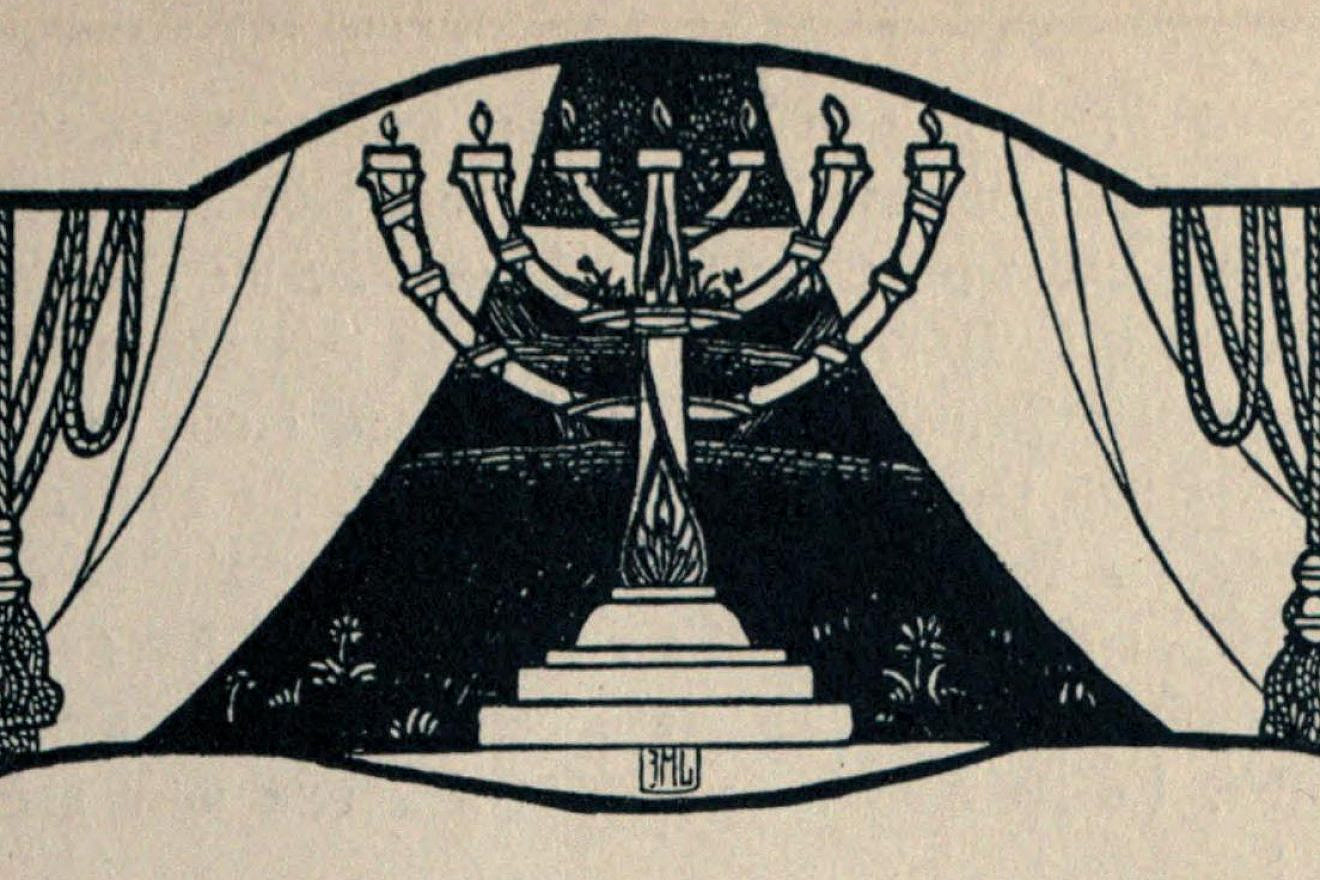Chanukah, which is coming to an end this week, mainly celebrates the miracle of the oil. Yes, there were other miracles, too, especially the fall of “the mighty into the hands of the weak, and the many into the hands of the few.” The Maccabees’ extraordinary military victory over the Seleucid Greeks was not just due to brilliant guerilla warfare tactics. An untrained, ill-equipped army of Kohanim, priestly individuals who focused far more on spiritual than physical prowess, could defeat the mighty Greek war machine only through divine intervention. No natural explanation is at all conceivable, however far we might stretch our imaginations.
While there was definitely a military miracle, our annual celebrations focus on the menorah as we kindle its lights for eight nights. This commemorates the miracle of the one cruse of oil, sufficient only for one night, which burned for eight nights until new oil could be procured.
So, let’s focus our attention on oil for a moment.
Is oil considered a food or a beverage? Well, we don’t eat oil, nor do we drink it. Rather, it is a condiment, an additive to our food, giving spice and flavor to our culinary concoctions, making them juicy, tasty and tangy.
So, oil is not a basic ingredient but an additive that improves the main items on our menu.
Where do we find our oil, the flavor that allows us to savor our Jewish lives? Wherein lies our enthusiasm and passion? Do we celebrate our Jewish identity or do we feel it is a burden? Do we take delight in our Jewishness or are we ashamed of it? In our current situation, with antisemitism running rampant, are we afraid of being Jewish? Are we happy to have been born Jewish? Is there a fervor in our faith? Do we prefer leading proud and active Jewish lives or partying with princes?
The story is told of a Jew in the Russia of old who was doing some business with the poretz, the local Russian squire. The powerful landowner, who had life and death in his hands, once invited the Jew to a business meeting over lunch. The problem was that the lunch menu was pork chops and non-kosher wine. When the Jew declined to partake of the food, citing Jewish dietary laws, the squire asked, “What if you were stranded in a desert and had nothing to eat but this? Would you not eat it to save your life?”
“Well, if it was a matter of life and death, then I would be permitted to eat it,” replied the Jew.
Suddenly, the squire jumped up from the table, pulled out his revolver, and pointing it at the Jew, shouted: “Drink the wine now, or I’ll shoot!”
Immediately, the Jew gulped down the wine.
The squire burst out laughing and said, “I was only joking.” Whereupon the Jew turned red with anger and glared furiously at the squire.
“Why are you so angry?” the squire asked. “Can’t you take a joke?”
“Why am I so angry? I’ll tell you why!” the Jew replied. “You couldn’t have forced me to eat the pork chops?”
That Jew kept kosher, but was he doing it happily or begrudgingly? While he was keeping kosher, was he fantasizing about pork chops? You can be fully observant, but where is your head and where is your heart?
In the 19th century, Russian czars tried to Russify young Jewish boys by drafting them into the army for 25 years. These children, known as Cantonists, would be separated from their families, their people and their faith for all those years. Despite their extreme suffering, many maintained their allegiance to the God of Israel with total commitment and heroism. Indeed, too many paid for it with their lives.
The story is told of some of these young men who were forcibly conscripted and taken far away from their families. They wrote a letter to one of the leading rabbis of Russia, asking for his advice on what to do about kosher food. You can be sure that the Russian Imperial Army did not provide kosher food to its Jewish conscripts. They asked the rabbi if they should eat non-kosher food or allow themselves to suffer malnutrition and perhaps even starve to death.
The wise rabbi answered them as follows: “If to stay alive, you have no choice but to eat treif, then so be it. But, please, I beg of you, don’t suck the marrow bones!”
Where is our enjoyment, our pleasure, or as they say in Yiddish, our geshmak?
Is there joy in our Judaism, or is it tedious and tired? It is not enough just to do the right thing. God wants enthusiasm, feeling and fire in our observance. Otherwise, it’s like a recipe missing the oil. It will be very dry and rather bland.
I was a guest speaker at a meeting of the Jewish community of Spokane, Washington a few weeks ago. Jews in Spokane are few in number. At the Friday night shul service, a gentleman arrived whom the local rabbi had never met. When I asked the man what suddenly brought him to shul, his answer was short and stirring: “October 7!”
As we celebrate Chanukah and the miracle of the oil, let us not only be practicing Jews, but passionate Jews, excited about our Jewish identity and, yes, wearing it on our sleeves even now in this difficult climate, in which it might be easier to tuck our chai necklace into our shirts and swap our kippah for a baseball cap.
Chanukah and the oil remind us not only to be Jewish but to be proud and passionate Jews, no matter what.


























